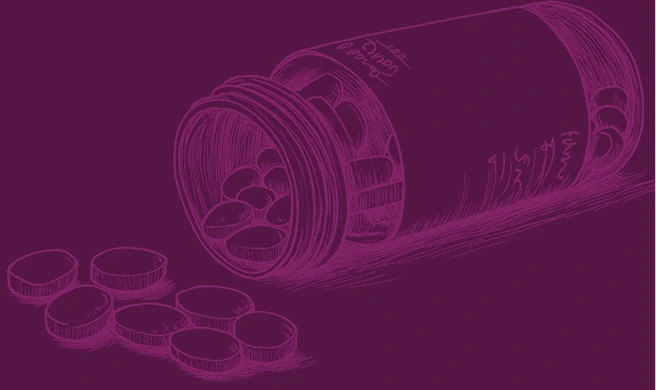About the instructor:
Event Summary
The September 3rd seminar had 3 speakers: Dr. Chijioke Kaduru and his fellows Dr. Nwadiuto Ojielo and Dr. Abdulazeez Olasinde. Dr. Kaduru is a Principal Investigator for the Nigeria Malaria Modelling Fellowship (MMF). He elaborated the fellowship as a capacity-building program aiming at increasing the number of doctoral and post-doctoral trained mathematical modelers and increasing the capacity of the National Malaria Elimination Program on modeling approaches. Dr Kaduru insisted on good collaboration with different faculty members, institutions, and WHO members within the country while having a gender-balanced recruitment rate for the fellowship. Lessons learned from the program and successes were shared.
Dr. Ojielo presented on Modelling the Effects and Cost-Effectiveness of IRS vs NextGen LLIN vs Standard LLIN in High-Risk Malaria Transmission Areas in Nigeria (Kebbi, Sokoto and Zamfara). During the presentation, Dr. Ojielo indicated the impact of IRS, Next-gen nets and standard nets on the total cases and distribution of their effectiveness. The cost-effectiveness of these interventions were presented, with the recommendation of the IRS to be used in targeted areas with the highest transmission rates where rapid reduction of malaria transmission is a priority. Next-gen LLINs offer a balance between cost and efficiency and should be adopted in the Kano state.
Dr. Abdulazeez presented on Modelling the Effects of Perennial Malaria Chemoprevention on Malaria Risk in Oyo and Rivers States in Nigeria. Using compartmental modeling, Dr Abdulazeez simulated the dynamics of malaria transmission among children, adults and mosquitoes. With the conclusion of PMC having an effect on the population of infected children, increasing the coverage of PMC will result in the reduction of malaria transmission among children.
Related Events



